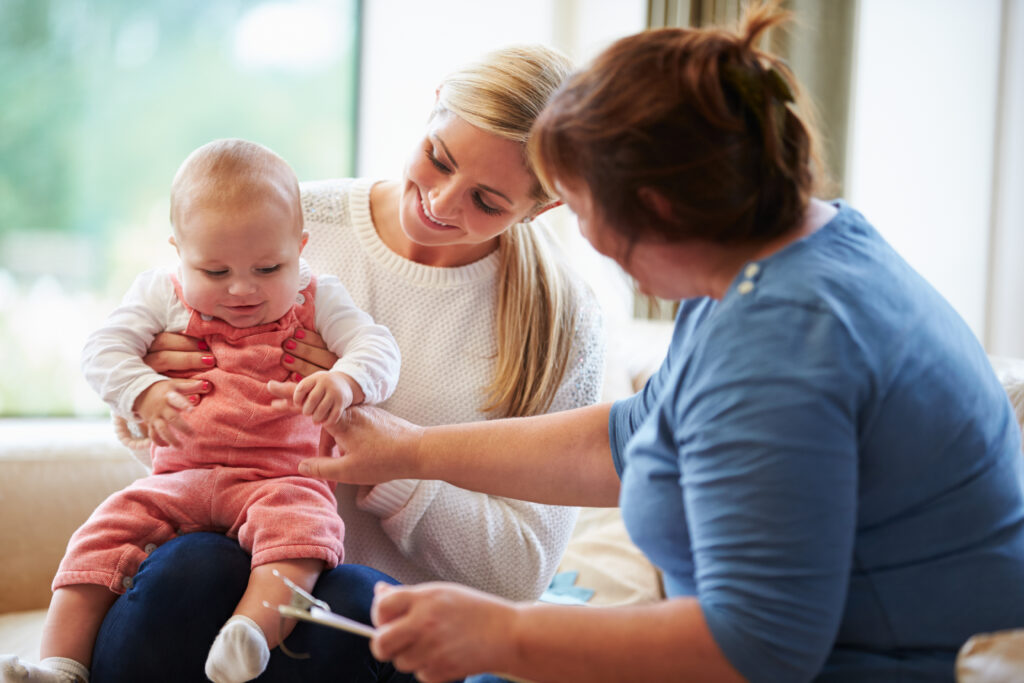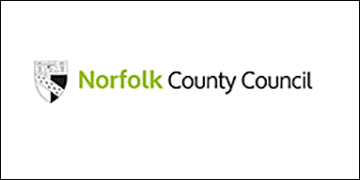In July 2023, Norfolk County Council’s children’s services began a trial of the family help model.
The model involves setting up multi-disciplinary teams, through the merger of targeted family support and social work services, with a range of other disciplines, to provide more effective support to families across a span of help and protection. It also involves making greater use of family networks to step in when there are concerns about a child.
It is based on a recommendation from Josh MacAlister’s Independent Review of Children’s Social Care, which was then endorsed by the Department for Education in its Stable Homes, Built on Love strategy, published last year.
For Norfolk, beginning a pilot of family help was not a difficult decision, despite it not being one of the DfE’s pathfinder local authorities, who are formally testing the model.
“We’ve ploughed our own furrow, really, on family help, partly because we already had many of the elements in place in Norfolk that constitute family help,” says Phil Watson, director of family help and high needs for children’s services at Norfolk.
“And even before Josh McAllister did the national children’s social care review, we had already employed a greater diversity of roles, not just social workers, but actually used our staffing budgets to employ others with different skillsets, like domestic abuse specialists, substance misuse practitioners and child and adult mental health workers.

Phil Watson
“So, in a way, we already had a multidisciplinary model. We didn’t have them all in multidisciplinary teams, but we had that resource already within our workforce to do different things. And we already had family networking at the heart of everything we did.”
The pilot started in just two of the six localities, west and south, with three family help teams in each. It was fully evaluated to test performance and quality, as well as the experience of staff, children and families alike.
Following its success, the family help model will be implemented across the entire county from September 2024, forming 18 multidisciplinary teams in total.
Currently, the family help teams each consist of 22 practitioners, of which seven to eight are social workers. The others are family support workers, specialist practitioners and network co-ordinators, along with two team managers.
Collaborative working
Andile, a senior social worker in one of the new family help teams, says this new collaborative approach – which involved restructuring existing family support, domestic abuse, intensive support and mental health teams into one family help team – has cut down intervention times and paperwork.
Daily allocation meetings with the family help team means everybody is aware of all new cases, so targeted support can be accessed faster.
“I feel it’s more efficient and it’s faster because we no longer need to fill in a lot of forms,” says Andile. “For consultations, we just talk [directly] to the managers, because now we have two managers. It now takes maybe five minutes, instead of probably 30 minutes filling in a form, 30 minutes for consultation, 30 minutes talking to the worker, trying to catch them up on the situation and everything.”
Andile explains that previously an initial assessment could take up to six weeks before anything was actioned, but now this process can be much quicker.
This is because specialist practitioners are now within the family help team and, through regular co-working, can decide with social workers what the next steps will be.
As joint visits are easier to organise due to regular communication, Andile co-works on cases with colleagues more regularly than before. For example, rather than referring to a domestic abuse team or service as they previously might have, social workers can ask a domestic abuse specialist within the family help team to accompany them on a home visit.
This has reduced the burden of administrative processes.
The advantages of the family help model are reinforced by Norfolk’s ‘team around the child’ approach to supervision, where practitioners from different specialisms and agencies work collectively to support the child.

Andile
Feedback from children and families
During the pilot phase of the family help model, there were two rounds of engagement with families, which included face-to-face interviews (attended by some children as well as their parents) as well as an online survey sent to all families affected by the pilot.
Responses from the second round of interviews and surveys reflected a clear improvement in families’ experience as the approach bedded in and matured.
Strengths highlighted by families were:
- Relationship-based practice and trust in workers as well as feeling listened to.
- Having consistent workers, who brought in additional support where needed.
- Key workers knowing families, so they did not need to repeat their story to different practitioners.
One young person said: “My social worker listens to me. I get more of a sense that she understands. I feel confident in my worker. I feel I’m getting the support I need. I’ve got more of an understanding of where we’re going. The whole team seem to know what they’re doing.”
Are you interested in a career with Norfolk? Check out the latest vacancies.
Take a look at Norfolk’s Employer Profile for more information.




 Facebook
Facebook X
X LinkedIn
LinkedIn Instagram
Instagram